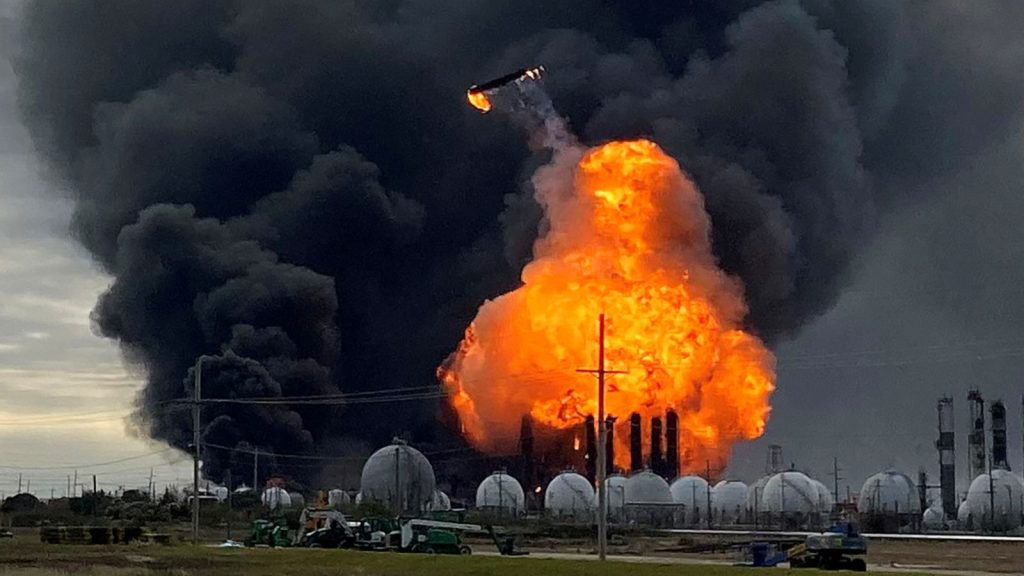
The Importance of F&G System in Oil and Gas, Petrochemical, and Refinery
The Fire and Gas (F&G) system plays a critical role in ensuring the safety and operational integrity of facilities in the oil, gas, petrochemical, and refining industries. These industries operate under high-risk conditions, with the potential for fires, gas leaks, and hazardous events. As such, an efficient F&G system is essential for detecting and mitigating these risks in real-time.
At the heart of the F&G system is the F&G control panel, which serves as the central hub for monitoring and controlling safety measures. The F&G control panel continuously receives inputs from various detection devices such as flame detectors, gas sensors, and heat detectors. These inputs allow the fire and gas system to swiftly trigger alarms and activate emergency shutdown procedures, preventing catastrophic accidents.
An effective F&G control system integrates seamlessly with other safety mechanisms, ensuring that fire suppression systems and gas containment protocols are deployed without delay. The fire and gas control system is designed to not only detect early signs of danger but also to provide operators with clear information for decision-making during emergencies. A well-maintained F&G control system can significantly reduce downtime, safeguard personnel, and protect critical infrastructure from damage.
Given the high stakes in the oil, gas, petrochemical, and refining sectors, investing in advanced fire and gas systems and maintaining robust F&G control panels is paramount. These systems ensure compliance with safety regulations, help in avoiding costly incidents, and provide a strong defense against unforeseen operational hazards.
In conclusion, the F&G system is a vital component of the safety infrastructure in these industries, and its proper functioning is essential for protecting both human lives and valuable assets.
